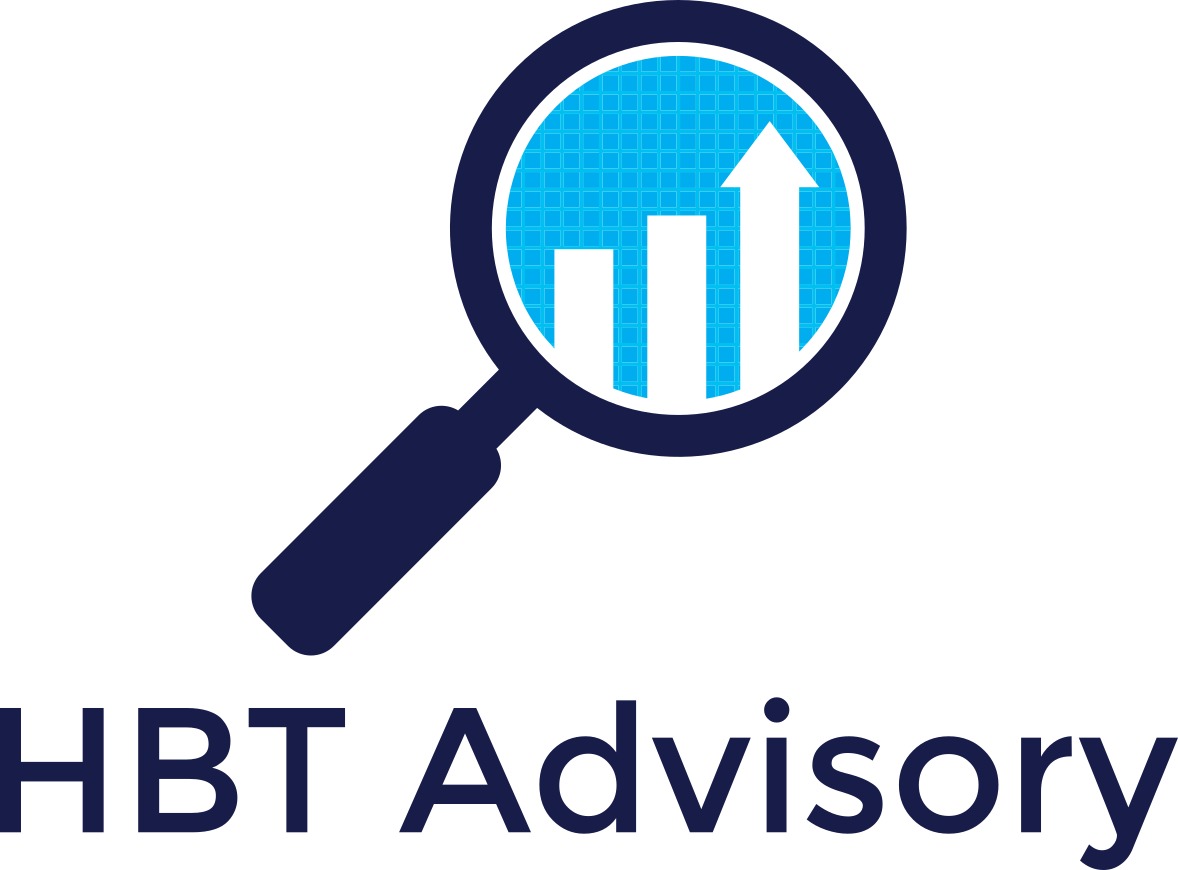Director’s Personal Liability For Unpaid Employee Super

The Australian Taxation Office (“ATO”) are cracking down on unpaid superannuation by employers and have the data to track outstanding super far better than they have before.
Under the current laws, there are some strict laws which could see a Director become personally liable to pay the unpaid super obligations that the company would have been liable to pay.
When is an employer required to pay superannuation?
Minimum superannuation entitlements must be paid for all eligible employees by the 28th day of the month following each quarter of the financial year.
Once superannuation becomes overdue, the company is required to pay the unpaid superannuation entitlements to the ATO, together with penalty interest and an administration fee per employee per quarter. This can add up to quite a substantial penalty based upon the number of employees you have!
From a tax perspective, the employer can only claim a tax deduction for super payments that are made for eligible employees in the financial year you make payment.
When is a director liable?
A director’s obligation to pay the unpaid super is the day after the payment due date.
This can have quite an impact not only on the current director/s of the business but also an incoming director to a company. This means that it is vitally important that prior to becoming a Director of a company that you know that the superannuation reporting requirements and payments of super have been made on time to reduce your personal exposure to any unpaid super obligations.
However, the ATO must issue a Director Penalty Notice (“DPN”) before it is able to commence recovery proceedings against a Director. Depending on the circumstances of the unpaid super, it may be either a ‘lockdown’ or ‘non-lockdown’ DPN.
What is the difference between a Non-lockdown and a Lockdown DPN?
The non-lockdown DPN is issued in circumstances where superannuation is unpaid and requires that within 21 days the director either pays the outstanding superannuation or comes to a payment arrangement with the ATO. If neither of these can be achieved within the 21 days, the employer may have to look at appointing a voluntary administrator or liquidator.
The lockdown DPN has much further ramifications as the only way to deal with the matter is payment of the debt in full. If payment and reporting obligations have not been complied with and have remained unpaid and unreported for three months after the due date, directors may expect to receive a lockdown DPN and the option of appointing a voluntary administrator or liquidator is no longer available, making the director/s personally liable.
How can I avoid this happening to my business?
You are best to avoid all of these headaches where you can and ensure that super payments are made on time so that interest and penalties are avoided.
The law does not favour the disorganised or uninformed director. A DPN may be avoided if super is paid on time or the unpaid entitlements are reported by lodging an SGC statement by the reporting due date.
It is important to be ensuring that:
- There is an allowance made in cashflow budgets to ensure the super obligations are met before the due date.
- You use tools such as Small Business Clearing House and other clearing houses through software (cloud or desktop) to keep track of what super is to be paid.
- You lodge the necessary reports through the clearing houses to ensure the super amounts for each employee are reported.
There are many ways to keep on top of this in your business and we recommend a clearing house for making payments for your employees super. A cloud-based accounting package can help facilitate this process so feel free to contact the office to discuss this further.
topic:Tax
Related Articles
COVID-19 Stimulus Package – What this means for your business
With these uncertain times ahead due to the pandemic that is COVID-19, we have provided a summary of the two stimulus packages that have been announced and what this means for your business. Increase of the Instant Asset Write Off Threshold from $30,000 to $150,000 Businesses with a turnover of less than $500 Million (up … Continue reading “COVID-19 Stimulus Package – What this means for your business”
Tax
22 March 2020
Do you and your business partners have a Shareholders Agreement?
Before you start your journey in business, you are in love with the business, but when the relationship goes sour it can turn to you know what!! Being in business with someone, whether work colleagues or friends getting together is a like a business marriage and therefore you need something in place that can be used to … Continue reading “Do you and your business partners have a Shareholders Agreement?”
Tax
5 February 2019
What does your small business need to do before 30 June to save tax?
As the end of the financial year is less than eight weeks away, there are steps that can be taken prior to 30 June to help you save tax.
This is Part One of our two-part series and we …
Tax
27 April 2018





